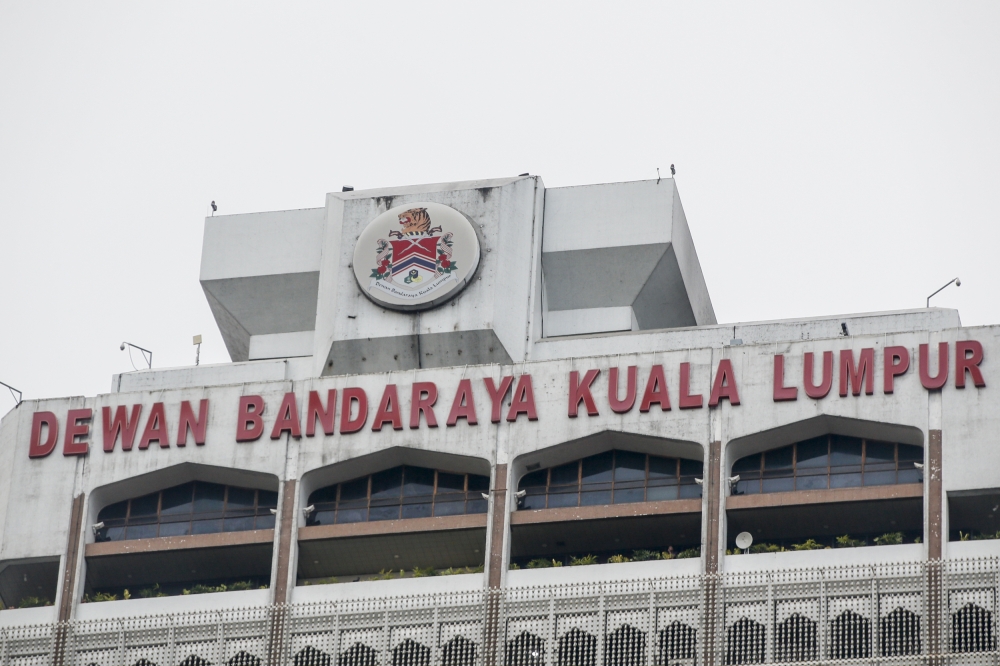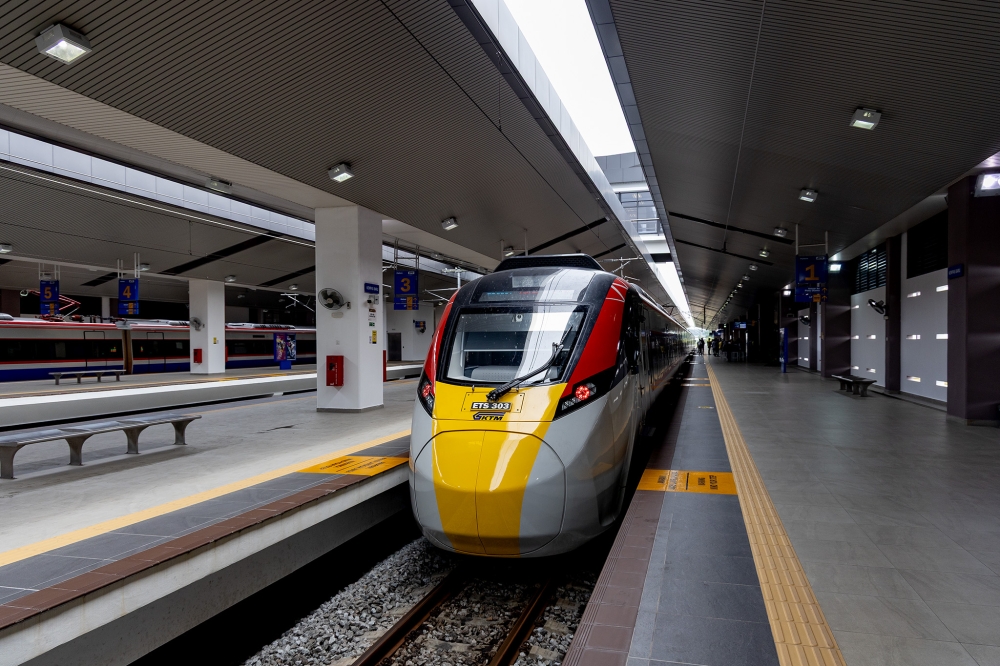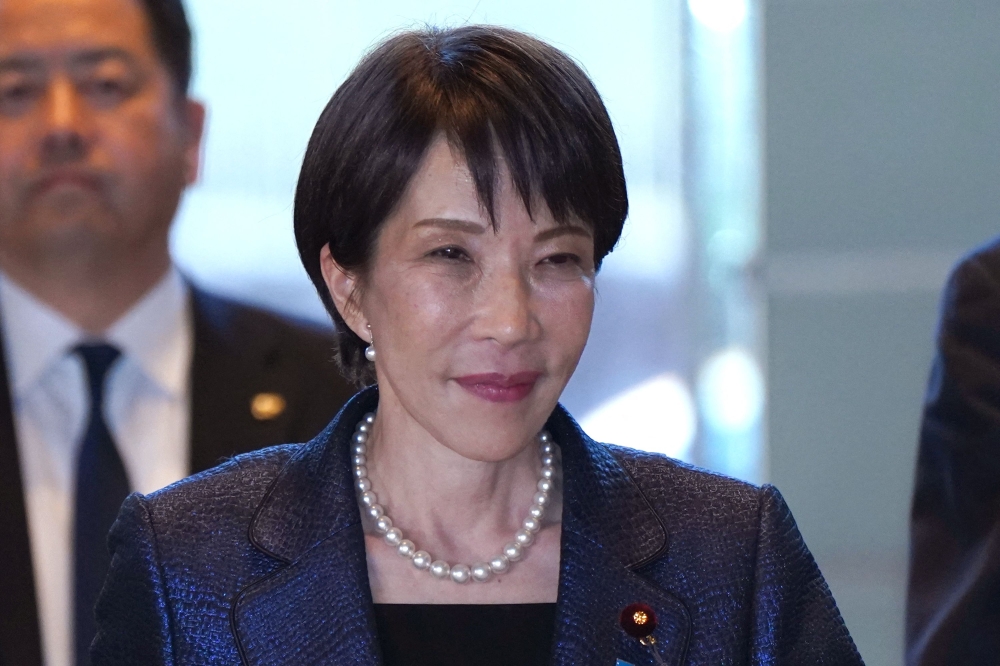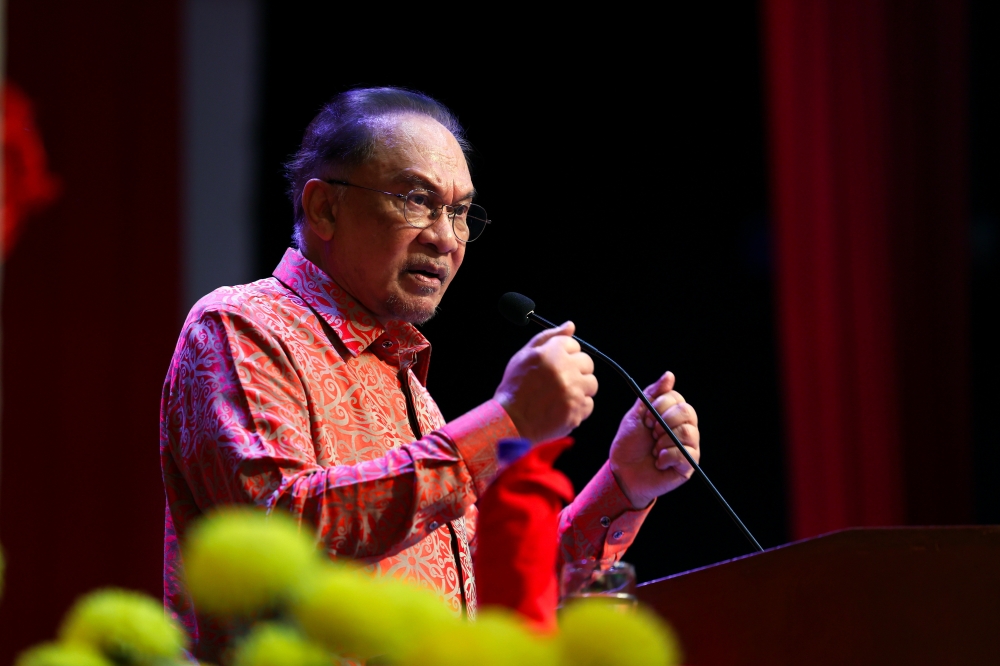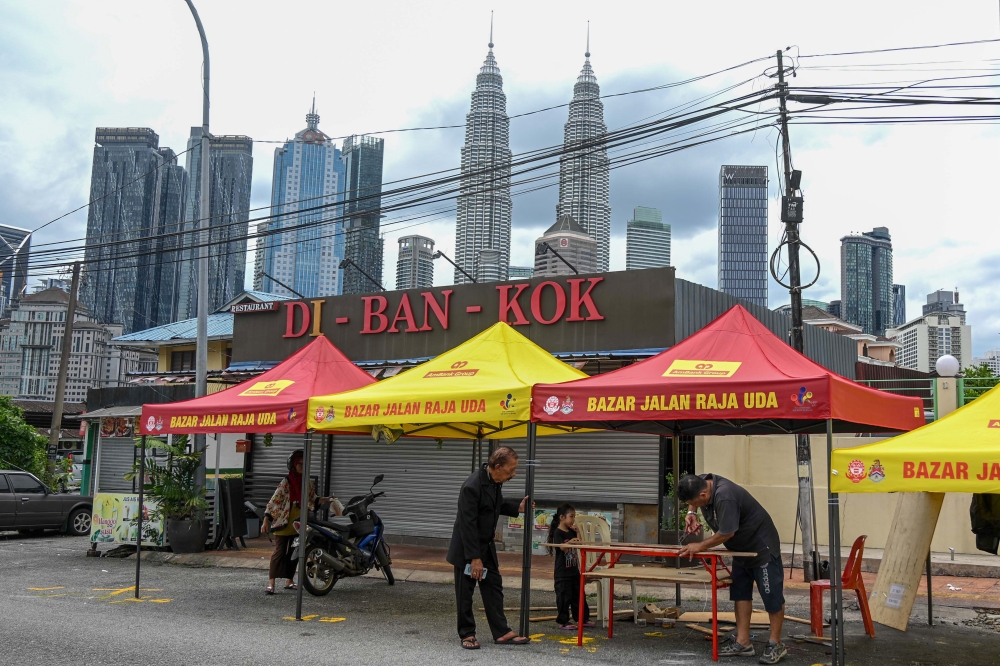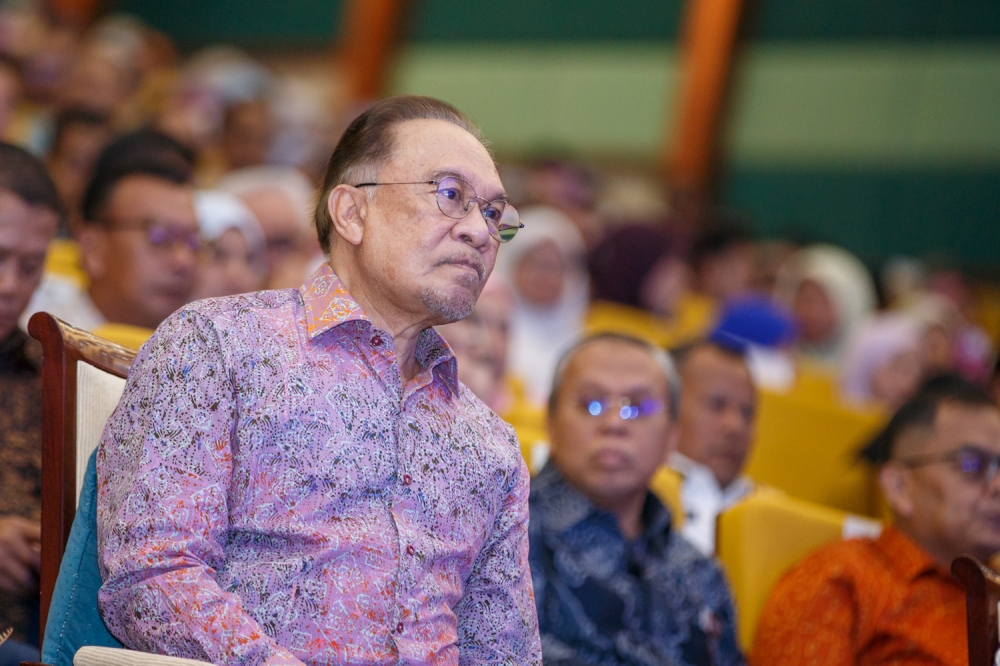SINGAPORE, May 24 — San Francisco-based investor Paul Bragiel said he needed to be asked three or four times before he accepted an invitation from Singapore to come check out its tech scene.
He made the 8,000-mile trip, but said that back then — in 2010 — the city-state’s prospects to become a leading Asia tech hub were “bleak, to say the least.”
But he saw some promise, and like many other investors and tech companies since then, was attracted by generous terms from government agencies.
“They gave us a very aggressive deal. Very few countries would have matched it,” added Bragiel, who had considered Hong Kong and Tokyo for an Asian expansion before co-founding venture capital firm Golden Gate Ventures in Singapore in 2011. He declined to say what the terms of his deal were.
Armed with lucrative grants and incentives, Singapore has been ramping up its efforts to lure tech firms and investors, including global players like Facebook, Alphabet’s Google and Dyson, companies and government officials say.
But now the focus is shifting toward attracting talent, and even the government says its work is not done.
Chng Kai Fong, managing director of Singapore’s Economic Development Board (EDB), the government agency tasked with negotiating some of those deals, said he is now gunning for “Jedi Masters” he hopes can finally elevate Singapore into a global tech hub.
The secretive nature of the deals means it is unclear how much the country spends to attract such companies and whether it pays off.
Manufacturing, finance and insurance made up more than a third of Singapore’s US$356 billion (RM1.4 trillion) economy in 2018. The information-communications sector, into which tech firms would largely fall, was about 4per cent.
But it is growing faster than any other sector, data on Tuesday showed. Info-comm expanded at an annualised 6.6per cent in the first quarter of this year, while the next fastest of the nine sectors Singapore tracks was finance and insurance at 3.2per cent.
Challenges remain: some tech companies have expressed concern about a recently passed fake news law in Singapore, which critics say could hinder free speech. Google said it was worried the law would stifle innovation and the growth of the digital information ecosystem.
And Singapore only has one local “unicorn” — a startup worth over US$1 billion — in ride-hailing firm Grab, according to research firm CBInsights.
Neighbouring Indonesia has four: taxi app Go-Jek, travel site Traveloka, and market places Bukalapak and Tokopedia. Hong Kong has two, in online travel agency Klook and logistics firm Lalamove.
‘Jedi masters’
Details on the deals negotiated with the EDB are hard to come by because the government makes firms sign nondisclosure agreements, companies, advisors and officials said.
Lengthy tax holidays, hefty grants for research and development, co-funding for investments and land and rental deals are among the incentives from different agencies, they added.
Such deals have attracted some of the world’s biggest tech companies. Google, for instance, now has more than 1,000 employees in the city-state. It started its Singapore operations in 2007 with 24 people.
Facebook last year opened an office in Singapore that can accommodate 3,000 people, up from 10 employees in 2010, and unveiled a US$1 billion investment in its first Asian data centre.
With Britain’s departure from the European Union looming, Dyson has moved its headquarters to Singapore and announced plans to build an electric car.
“Singapore is very successful; it has a great reputation for its ease of doing business and its links to the wider region,” said Britain’s trade commissioner for Asia Pacific, Natalie Black. “Many UK tech companies are already here and many more are exploring the opportunity.”
The EDB has six offices in the United States, six in Europe, and locations in China, India, Japan, South Korea and Indonesia. It says 80 of the world’s top 100 tech firms have operations in Singapore.
Although multinational companies are attracted by low corporate tax rates, political stability, a robust legal system and strong infrastructure, software developers and data scientists often prefer the buzz of Silicon Valley or London.
“We have to be quite clear when we are chasing the Googles and Facebooks,” Chng said. “We want engineering. We want to be a place where you’re creating new products and services for Asia.”
Chng said he hopes attracting top talent will help nurture domestic startups, which has so far been difficult.
“I need that generation of Jedi Masters to sort of come to train future young budding Jedis,” said Chng, a former director of communications at the Prime Minister’s Office.
He said Singapore is also missing billion-dollar exits, which typically come when a tech start-up is acquired or publicly lists on a stock exchange. That would create a virtuous circle of private investment, allowing the government to step back.
An EDB event in San Francisco last month to promote Singapore as a tech hub drew so much interest that 400 people were turned away.
“There is a war for senior tech talent,” said Daljit Sall, Singapore-based director at recruitment firm Randstad. “We are seeing big demand for data scientists, full stack developers, cyber security experts and solution architects.”
Key location
In 2012, the co-founders of online marketplace Carousell won a Singapore startup competition. The prize was three months of free office space in a former factory.
“We landed there on day one and realised everyone there also got their office space for free,” said Quek Siu Rui, Carousell’s chief executive. “The government ran an experiment shoving startups, former entrepreneurs, venture capitalists, incubators all in one spot.”
Now valued at over US$550 million, Carousell counts Japanese e-commerce firm Rakuten’s fund among its investors and has expanded abroad.
Lawyers said Singapore’s regulations are attractive for tech firms.
“The approach in Singapore is very much to encourage data-intensive businesses to locate there because they have the benefit of, among other things, a more relaxed standard of compliance in terms of data,” said Mark Parsons, a Hong Kong-based Asia tech, media and telecoms partner with law firm Hogan Lovells.
At a time of simmering tension between the United States and China, Singapore is also seen as neutral ground while still enjoying free trade with both. Last year, it added a free trade deal with the European Union.
Geographically, Singapore sits at the centre of the fast-growing and internet-obsessed Southeast Asian region. Internet users in Thailand, Indonesia, Philippines and Malaysia spend four hours or more every day on mobile internet, according to a 2018 study by social media platform Hootsuite.
Political ructions also threaten to pull rival Hong Kong further into China’s sphere of influence, which one banker in discussions with tech firms said gives Singapore an advantage.
For Bragiel, any reservations he had about Singapore nearly a decade ago are long forgotten.
“Silicon Valley attracts the whole world; Singapore is catching up,” he said. — Reuters





